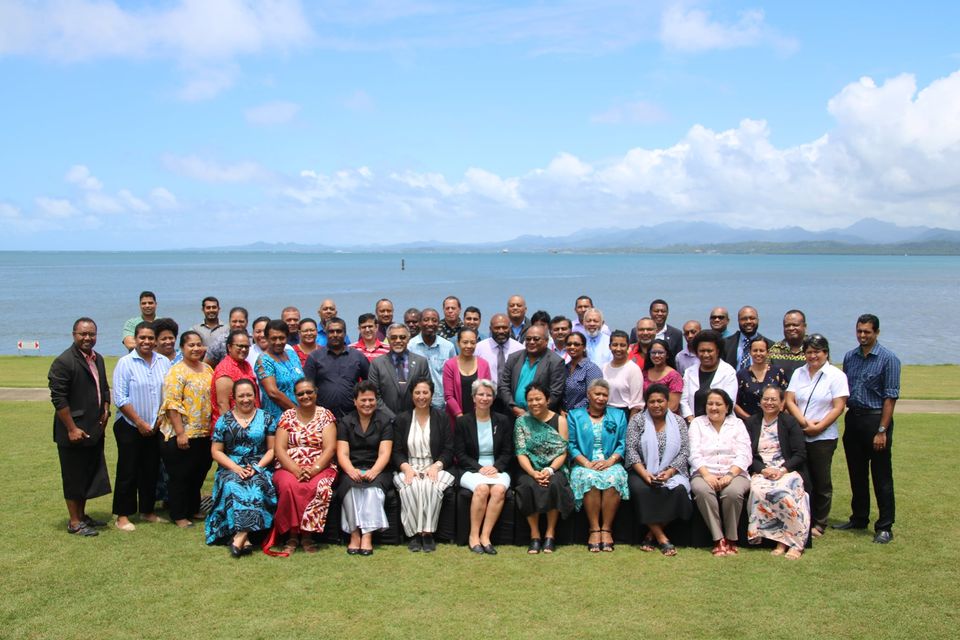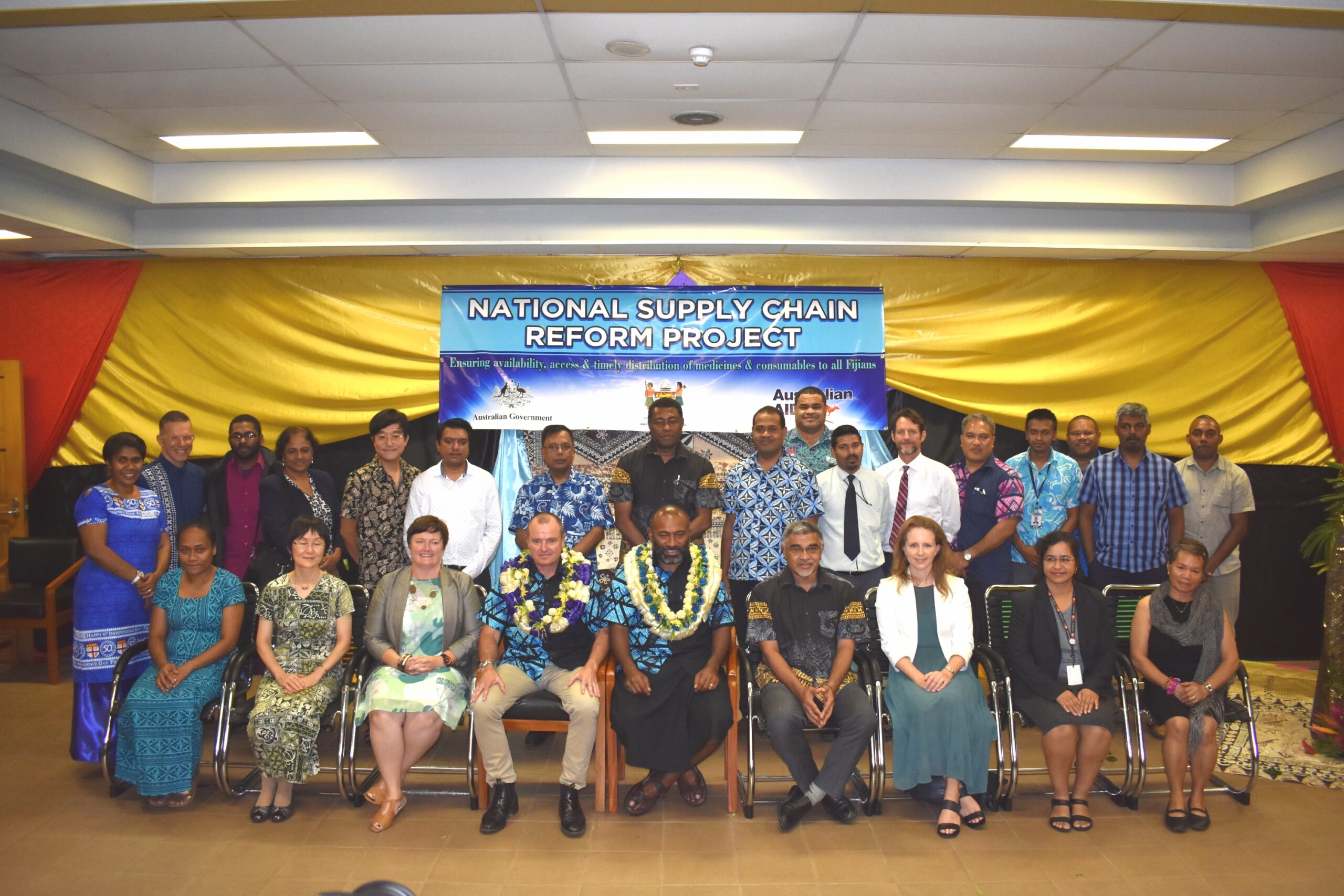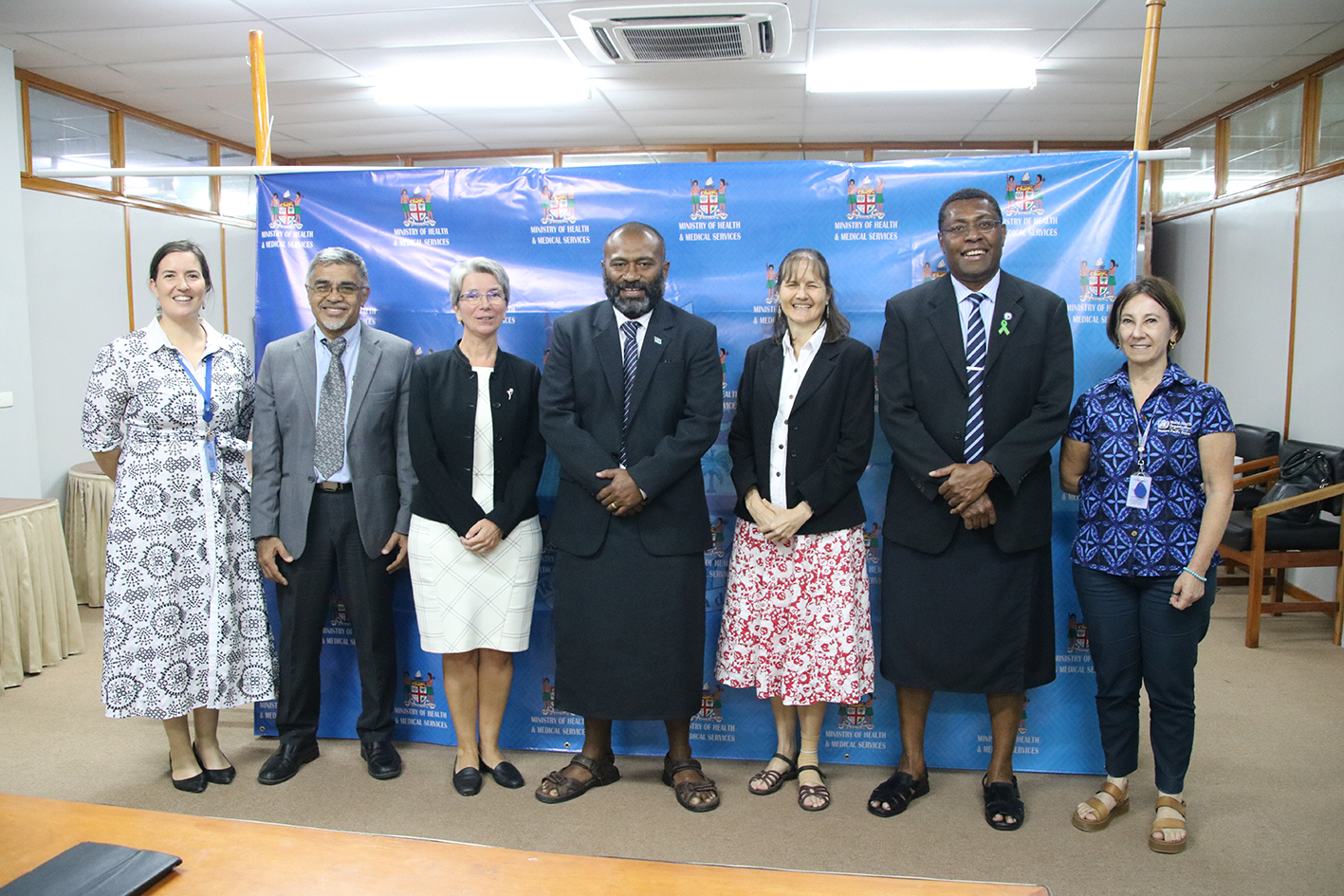October 29th, 2020
The newly graduated medical doctors are required to undergo a two year internship program compared to the one year program that was practiced until 2019 before they are deployed to serve our communities in the Health Facilities around the country.
This was revealed by the Minister for Health and medical services Dr Ifereimi Waqainabete as he opened the Meeting on the review of the internship program at the Grand Pacific Hotel this morning.
The Health Ministry in collaboration with the Fiji National University and the University of Fiji has been engaged in increasing the pool of doctors trained and ready to be deployed following a standardized and expended Internship Program.
Dr Waqainabete says that it is very important that the new doctors are groomed in such a way to handle the many challenges in their line of duty and they should be well prepared to address them.
“One of the reasons why we are here is how we can make their experience as a young professional a rewarding one and they become professionals in skills, knowledge, and behavior”.
The WHO Representative of the in the South Pacific Dr Corinne Capuano highlighted that Medical Internships are of great significance to cultivate clinical thinking and sharpen clinical skills.
“The extension of the Fiji Medical Internship duration is therefore a positive development which should help newly qualified doctors to experience a wider range of specialties.
She further said that WHO stands ready to support endeavors in Fiji to strengthen human resource planning for health.
Upon completion of the workshop, the Ministry hopes to finalize the proposed Medical Internship Program ready for implementation.



